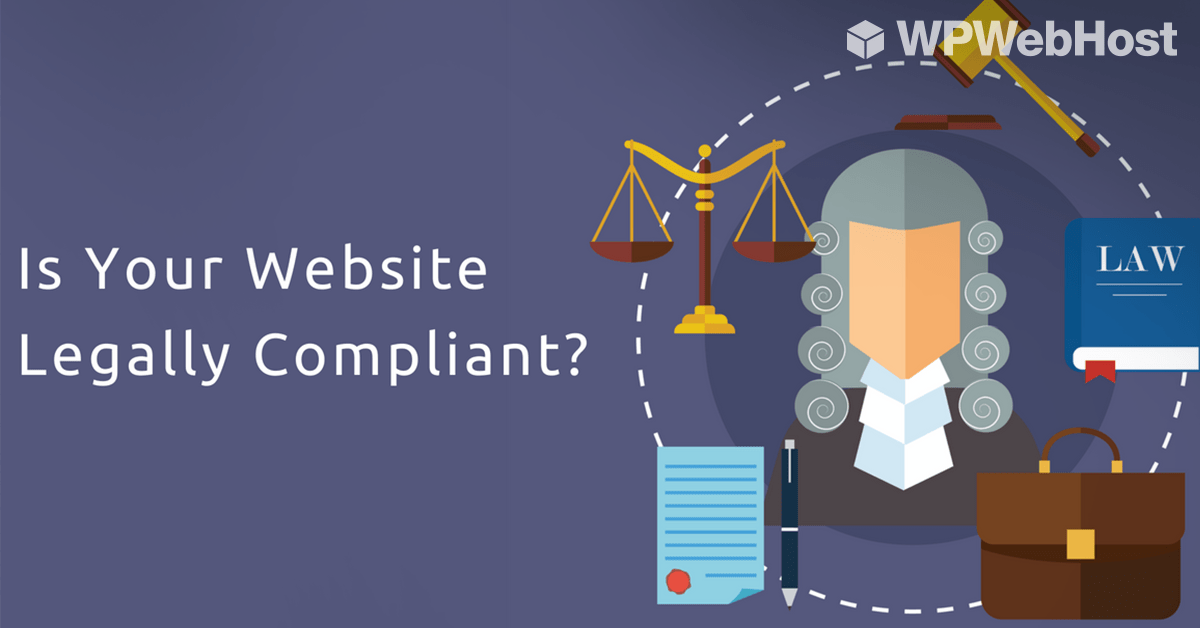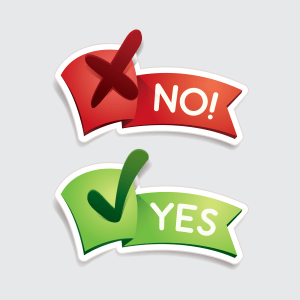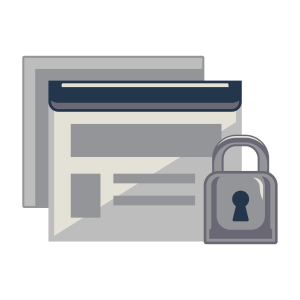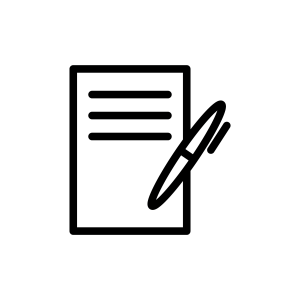
While launching a website, you may surely pay double attention to the content as well as the imagery aspect, right? However, not just these two aspects, but your website should also be legal compliance to make sure that your reputation doesn’t get tattered if visitors find a couple of defects. Making the website legally compliant should be a priority.
If you fail to provide adequate and precise information on your website, regarding every activity, you and your brand may land in some serious troubles. It becomes as simple as that to create problems in the future.
Therefore, a simple way to eradicate such troublesome situations is by making your website legally complaint. If you have a WordPress website, things become even easier for you as you can make use of plugins. Right from WordPress privacy policy plugin to some other one, you have a lot of options.
So, keeping that in mind, here are top 10 things you must follow to make your website up-to-the-mark.
-
Keeping User-Generated Content Conditioned:

There is no denying the fact that user-generated content is essential in the current digital world. Not just you can add a new level of credibility and engagement to your website with it but can also provide authority to your site.
While you may seek nothing but advantages from such a content website, it may even bring an array of risks and problems for you. There would be several questions coming into the limelight. For example, who is the owner of the content published on your website? What if the content is offensive or not original?
To avoid such allegations or problems, you can put precise terms & conditions beforehand, letting contributing authors know that you aren’t going to be responsible if there would be any sort of problem arising because of their content. Clauses like this and more will keep your website protected from unnecessary drama.
-
Gaining Appropriate Permission:

Another thing that you must be keeping in mind is taking appropriate permission before posting someone else’s content on your website. Whether you are sharing content or images, it is important to give credit to the owner or ask him/her before displaying to stay away from the case of plagiarism.
Furthermore, even if you’ve become successful in taking the permission of the owner, you shouldn’t be living with the misconception that you are the only one who has the right to use that content. It is possible that several other people might be using the same thing along with you.
Also, gaining permission doesn’t mean that you can use that content however you’d want. For instance: If you’ve got the license to use a picture for your website, you cannot sell it further and make money out of it.
-
Making the Website Secure:

If you think that just by creating a two-step authentication or secure passwords will keep your website protected, you might be wrong. You’d have to take some strict steps to keep illegal accessing at bay.
Undeniably, your website would be vulnerable, and the chances of it getting hacked might be higher if you haven’t followed the privacy guidelines or proven technique to avoid getting hacked. In case your website gets hacked by a third-party, your content, including your clients’ or customers’ confidential information may get threatened or exposed.
If anything bad happens to your website, you would be liable for this, regardless of the fact whether you were involved or not. Therefore, it is essential to keep your website up-to-the-mark when it comes to security.
-
Keep Privacy Policy in Check:
If you are coming up with a website, having a privacy policy should be a must. This policy is nothing but a disclosure stating how you are going to use the data that you’ll be collecting from your customers or visitors.
The primary reason for having a privacy policy on the website is that it helps establish trust and transparency between your brand and your customers. They would know that you’ve already listed everything on the website. Hence, there wouldn’t be anything that you might hide.
Also, if you face any sort of problems while generating a privacy page, you can even use WordPress privacy policy plugin. With this plugin, not just you’ll get several templates, but you can easily edit them as well according to your requirements.
-
Collecting Cookies:
Before launching your own website, you must have come across Cookies notification on the web frequently, right? And, if you are also walking on the same path, i.e., if you are also collecting cookies, you must notify this to your visitors.
There are several ways to communicate this important information. You can put a popup on your website, letting your customers know that you are using their information. Or, you can permanently put a heading on your homepage. You can even consider putting this information in your privacy policy.
The absence of this news from the website ought to land you in bigger troubles. Your customers, if remained unaware of how their information is being used, can even drag you into a legal pit. So, put the notification up before they make your website go down.
-
Tracking IP Address:
On the internet out there, you can easily find a lot of such software that can provide you with the entire detail of your visitors, once embed to your website. These details would be different from what you can find in Google Analytics.
So, if you are using such kind of software to track the IP address of your visitors, it becomes your responsibility to communicate the same to them. Since IP address is considered as personal data, you may land in trouble if you collect it secretly.
Furthermore, if your website has a blog or visitors leave comments behind, most probably, their IP address would be getting stored in your website database. If such is the case, you should mention this thing in your privacy policy to let them know about the same.
-
Online Payments:
Running an e-commerce store not just comes with several thrilling experiences but a lot of responsibilities as well. Having an e-commerce store, you must use authentic payment gateway when it comes to online financial transactions.
Furthermore, if your website is collecting personal information before letting the payment gateway have the details, you must also have an SSL certificate on the website to ensure that it is encrypted. Just make sure that your visitors trust your website and use their confidential information without any second thoughts.
For that to happen, you need to make sure that your website is completely protected as well as encrypted adequately.
-
Terms & Conditions:

If you are coming up with such a website that allows interactivity, then you must include an appropriate set of terms and conditions. They should be your utmost priority. In this set of conditions, you can create some general laws, letting your visitors or contributors know what they should and shouldn’t do.
Also, you can even deny your responsibility in case a contributor posts something offensive for people. Similarly, there are several other issues that you can eradicate just by putting up informative and appropriate terms & conditions page.
-
Disable Accessibility:
This digitally advanced world is concentrating more on equality, regardless of the background of a person. In such a scenario, it is important and legally required to create such a website that is easily accessed by a disabled person.
Whether it is the navigation part, readability, images, or any other aspect of your website before you launch it and make it public, make sure that it is competent enough for disabled people and that they wouldn’t have any hassles while accessing it.
-
Being Transparent:
While the world of the internet is being appreciated for its transparency, the presence of cheaters and hackers isn’t concealed in any form. Therefore, when people are always living with risk, you need to keep transparency to build trust.
Regardless of the platform, you are using; you would need to post similar information everywhere, right from your social media to your website. This information includes address, email id, and contact number.
Conclusion: website legally compliant
When it comes to being a significant part of the internet, you should be following some rules and regulations. These mentioned above are some of the important aspects of having a website today. Follow them, and you can save your website from unnecessary problems in the future and can also build trust with your audience.




